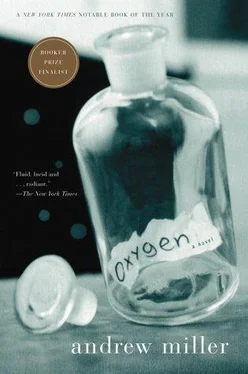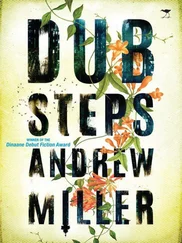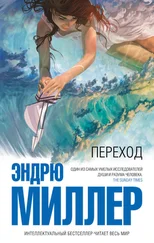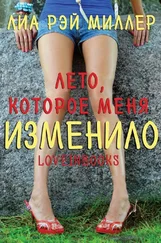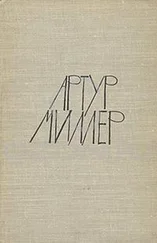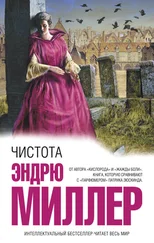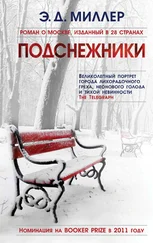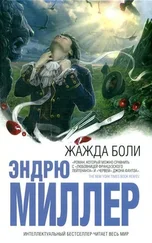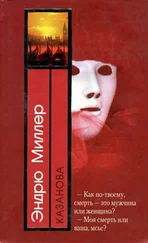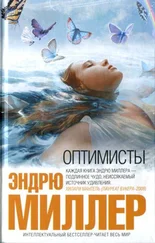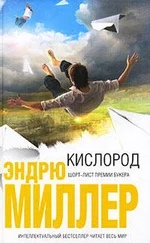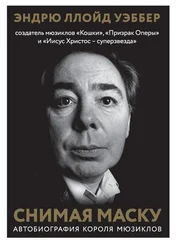This book is dedicated to the memory of my old teachers,
Malcolm Bradbury and Lorna Sage.
The Dream Catcher, an artifact made on the reservations of Native Americans and sold in the souvenir shops there for little money, was a circle the size of a man’s palm, formed from some pliant wood and then banded with a leather thong. Across the centre of the circle was a weave of plastic thread like a spider’s web, and at the heart, like the spider itself, a single green bead. Larry Valentine had bought one for his daughter Ella at a place called the Indian Bear Meat Den while filming in North Carolina on what turned out to be one of his last shows with Sun Valley General. It hung now at the window of her bedroom where, according to the explanatory leaflet, it would snag the bad dreams in its web, while the good ones, dreams of cloudless mornings, of days out at Muir beach, of friendly doctors and loving fathers, would reach the bed where she slept.
He gazed down at her, feeling enormous in this room of little things. She had a single cotton sheet over her and lay beneath it in a hot sprawl, her mouth partly open, pulling the summer-night air in a hiss over her tongue. Wisps of hair were scattered like cuttings around her face, and her eyes were shut tight as though sleep were something to be concentrated on, like colouring and not going over the black lines, or the sums she did with an unwieldy pencil in her school book.
He started the search without much expectation of success, though his record of finds was still superior to Kirsty’s, a fact that subtly needled her, as though it somehow implied he knew their daughter better than she did, that he had insights she didn’t share. He began with the jeans Ella had been wearing that afternoon, turning out the pockets but finding only scraps of tissue paper, a silver nickel, a Gummy Bear. Then he eased off the head of a chubby-limbed doll, one of those which, when squeezed, complained that she was wet, or pleaded hunger, or said ‘I love you’. Ella had once hidden an old-world silver chain here, one that Kirsty had inherited from Grandma Friebergs, but tonight the head contained only air and a whiff of something feebly toxic, some humid residue of its manufacture adhering to the inverted features of the skull. Next, he investigated her collection of seashells, picking up each in turn and shaking it in the hope that one would rattle. None did. The music box, which he had bought for her in London, was another old hiding place, all the more cunning in that it could not be searched without sounding its own alarm. He flipped open the lid and shook it out, spilling a half-dozen pinlike notes of ‘Oranges and Lemons’, but nothing fell into his waiting hand. He slid open the drawers in the dresser and probed the neatly ordered knickers and vests, the bundled socks and tights, then lifted the front wall from the doll’s house and used his key-ring torch to check beneath beds the size of Amex cards, and the delicate spidery dining table where he had once located his ITF cuff links, but where now there was only a wooden family in felt suits, mama, papa and two stiff children, sat before a porcelain ham like people under a spell.
He retired to the window, rubbed at the stiffness in his neck, and gazed through the weave of the Dream Catcher to where the bay lights were heaped up against the night. She was undoubtedly getting better at this. In the beginning she had not understood the necessary feints and anticipations good hiding required, but she had learned. Her hiding places had become increasingly sophisticated, even possessing a certain teasing quality that gave weight to Professor Hoffmann’s theory that the ‘borrowed’ items were always intended to be found. This was not pilfering, a simple case of childhood kleptomania. Hoffmann had not decided on a name for it yet. He was still collecting the evidence.
He heard her turning under the sheet, and whispered, ‘You awake, El?’
He padded to the bed and studied her, as though her physical form were a kind of clue: a warm, shadowy hieroglyphic. She lay now on her left side, her right arm trailing over the edge of the bed, where Rosa, the impossibly good-tempered maid from Chihuahua, had lined up the child’s shoes, quaintly, according to season. He paused, looked from the girl to the shoes, then crouched down, his knees ratcheting from old cartilage problems acquired after years of pounding and twisting on the courts. He ignored the summer sandals and started with her trainers, then her school shoes, then the glossy red boots that he called wellingtons and Kirsty called galoshes. Last of all were the winter booties lined with lamb’s-wool which Alice, her thoughts full of English winters, had sent for Ella’s sixth birthday, but which she would have outgrown by the fall. He upended them, shook them out, then burrowed his fingers into the wool. In the pointed toe of the left boot he touched something smooth about the size of a Deroxat capsule, and with his fingertips working like pincers he disentangled it from the fleece and held it up, squinting at it against the orange glow of the window, though he knew already it was the missing ear stud, one of the pair Kirsty had left unattended for an hour on the ledge of the bathroom sink.
It meant, of course, there would have to be another talk, one of those gently reproachful interviews of which there had been so many since the first ring had gone missing eighteen months ago; Ella perched on a chair, her feet swinging over the carpet, just the faintest hint of insolence in her eyes, as if her parents’ failure to comprehend the secret purpose of the game excited in her a childish contempt. Hoffmann, $150 an hour, had cautioned Larry and Kirsty not to make these discussions in any way traumatic. ‘It’s a delicate matter,’ he had warned them, smiling from the far side of an expanse of burnished desk, ‘like pruning bonsai,’ and he had gestured to his collection of tiny mutant willows that clearly thrived in the dimmed and filtered air of his office.
On the clock beside the bed, Mickey Mouse’s white-gloved hand flicked to the hour. Two a.m. Ten a.m. in the UK. But despite his promise, he was too weary to call Alec now, too bone tired to deal with what he might hear. He would call tomorrow, from LA perhaps. Tomorrow would be soon enough. He picked up Ella’s inhaler and shook it to check the reserves of salbutamol in the canister. Apparently there was a new and better inhaler on the market, a device called a SmartMist with a microprocessor to measure the drug intake and some other novelty that let you test the peak air flow. The researchers at UC had endorsed it. Kirsty wanted Ella to have it. Some of Ella’s school-friends already had it.
One last time, before leaving to spend the remains of the night in the spare bedroom, he gazed at her. Her expression had softened. If – however distantly – she had been aware of him before, now she was gone, borne away into the labyrinth of sleep, her spirit unlaced, her face astonishingly still and perfect, so that for an instant he had the panicky urge to wake her, to bring her back into the world of solid things. He leaned down, almost touching her. Then, like some tender ogre from the type of fairytale children were not supposed to read any more, he gently inhaled her breath.
‘Thou wouldst not think how ill all’s here about my heart…’
Hamlet (Act v, scene ii)
Читать дальше
